It is always good being back at Ishara in the Masai Mara, a place I deeply refer to as home. I feel my happiest and truest self over here amidst profound, wild, raw nature.
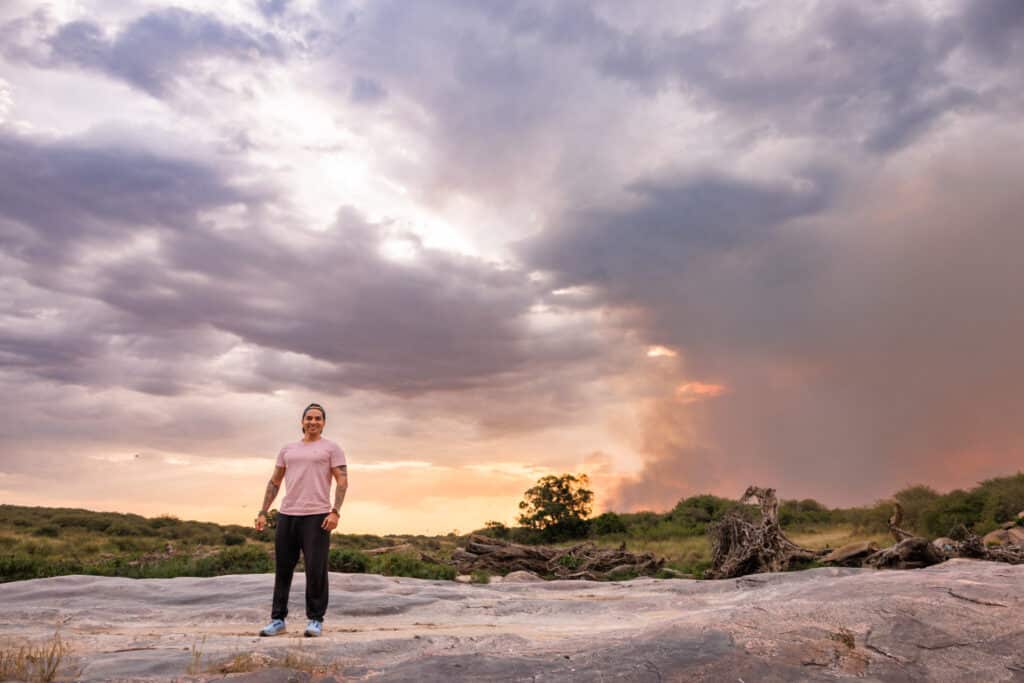
Nature is a complex and awe-inspiring force that surrounds us every day, multifarious and full of wild species that offer us glimpses into the intricacies of life. On the surface, they seem idyllic and peaceful. The splendour of a sunset, the majesty of a mountain range, and the wonders of wild animals all evoke a sense of awe and serenity, but when we look closer, nature has a darker side and can also be cruel, selfish, and violent.
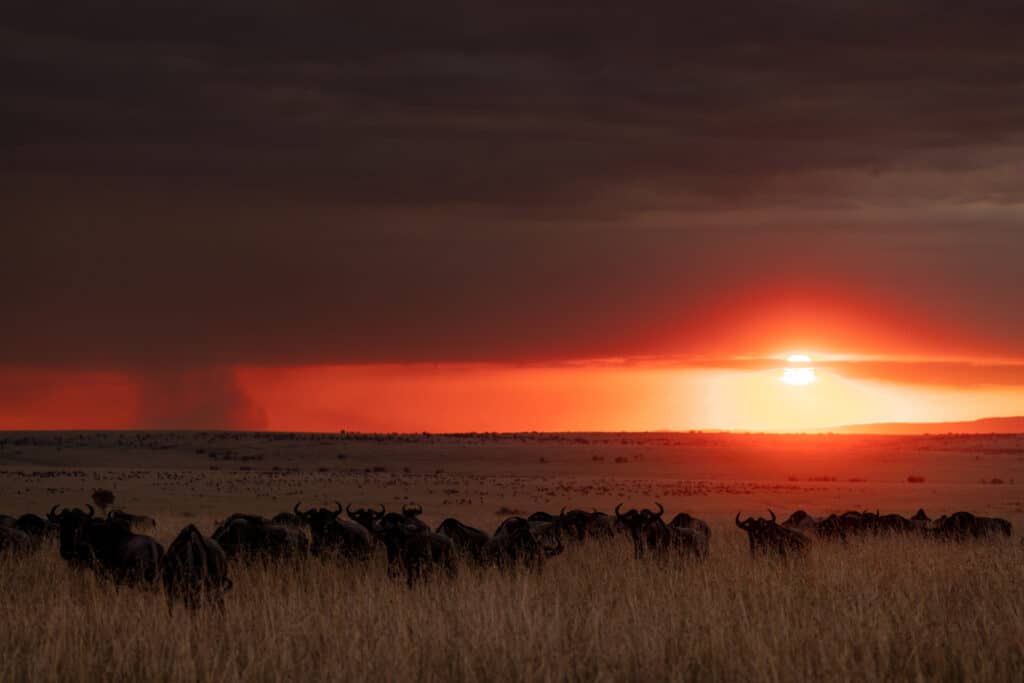
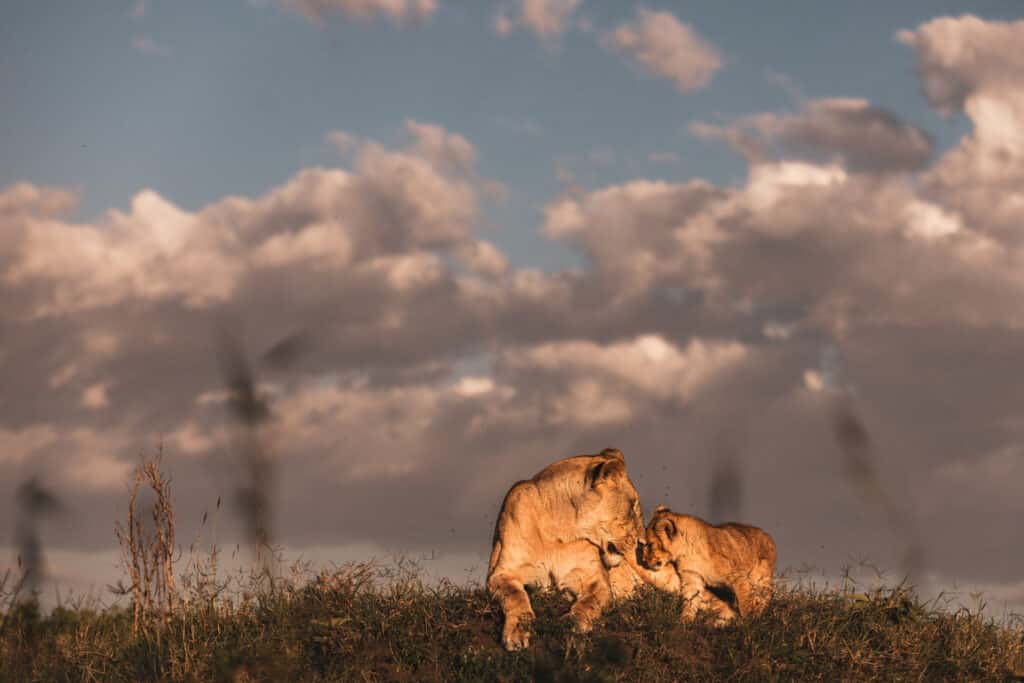
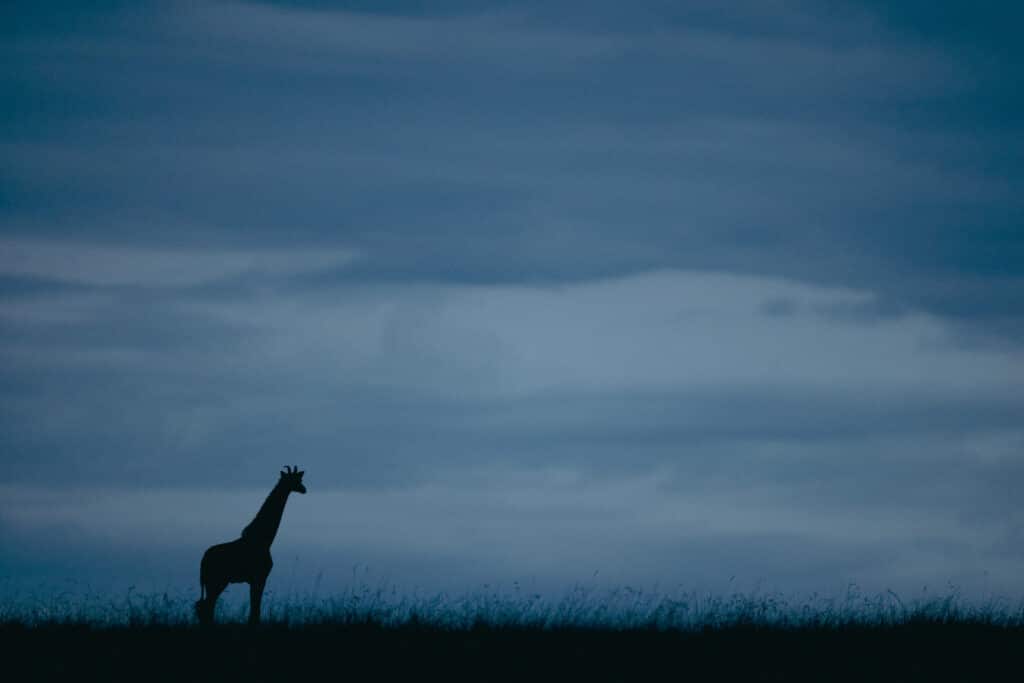
On the first day we witnessed a kill; a leopard and her Impala prey up in a tree. It was beautiful, sad, yet magical. It is so easy for the human mind to judge and be ruled by emotions, but there is a reality for the way things need to be. Predators hunt and kill, often in brutal and graphic ways. Prey, in turn, will fight back with all their might to escape becoming a meal. This is the way of the natural world; a never-ending cycle of life and death, of selfishness and self-preservation.
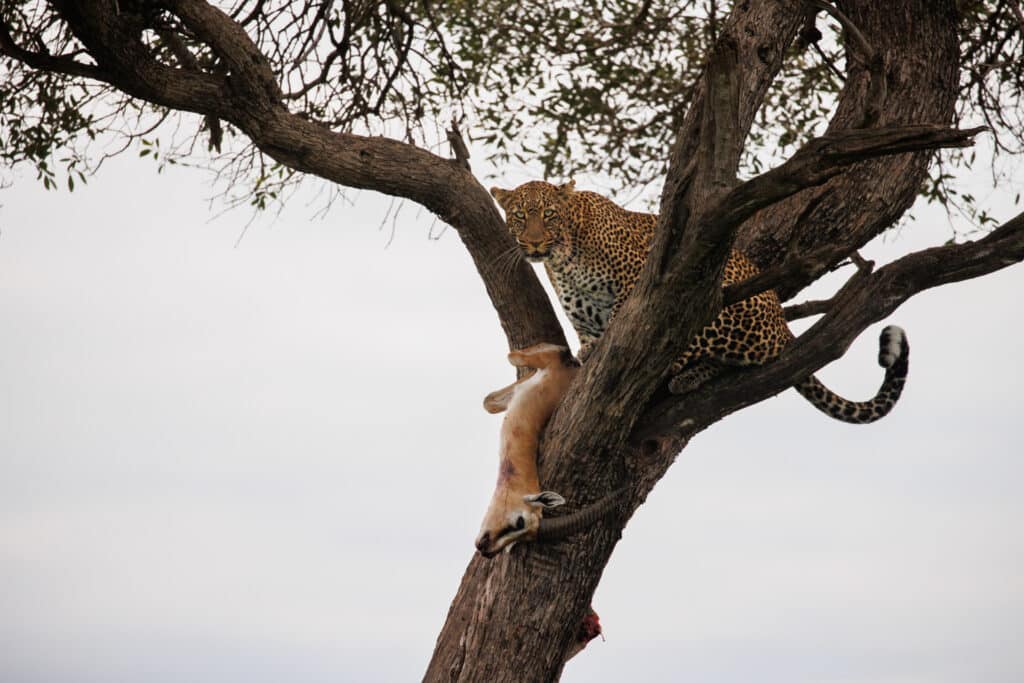
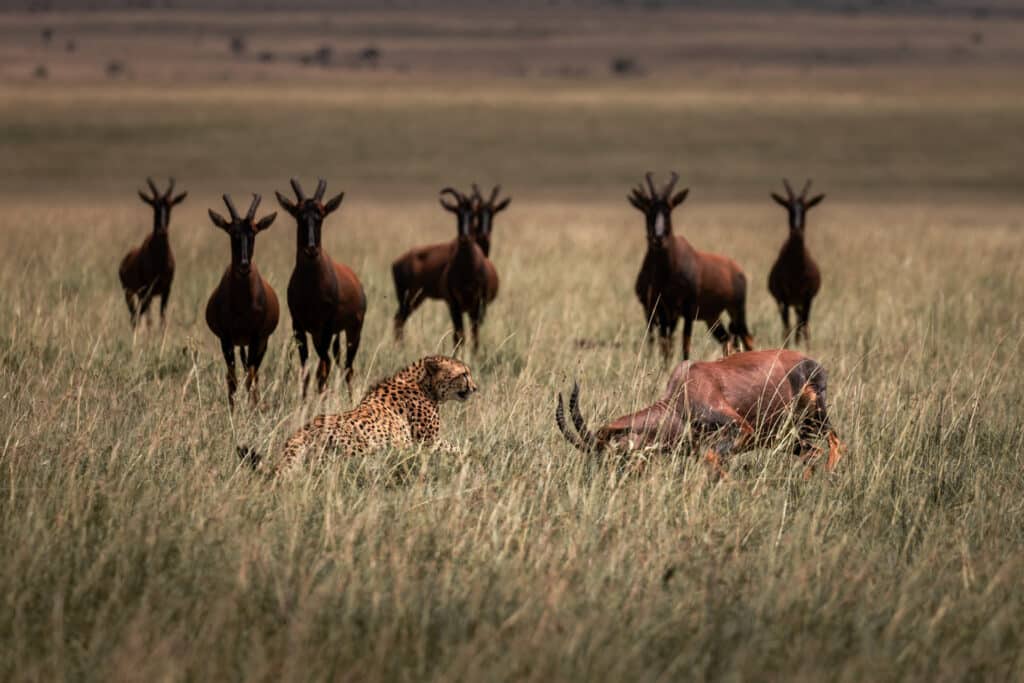
Animals, in many ways, are like humans. Some species live together in colonies or packs, demonstrating the power of teamwork and cooperation. They exhibit great resilience and adaptability, showing that even when faced with adversity, they can find ways to cope and move forward. Many reveal the power of peaceful communication and relationships, with displays of affection and understanding often being seen.
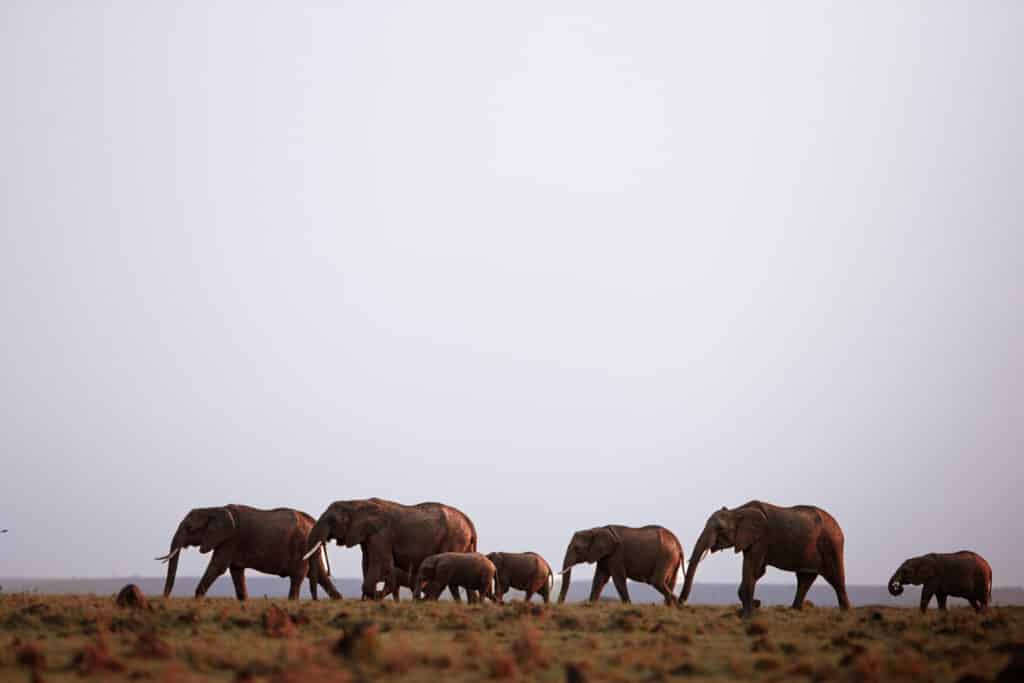
They are also capable of complex behaviours like self-centeredness, anger, and ferocity as a means of survival.
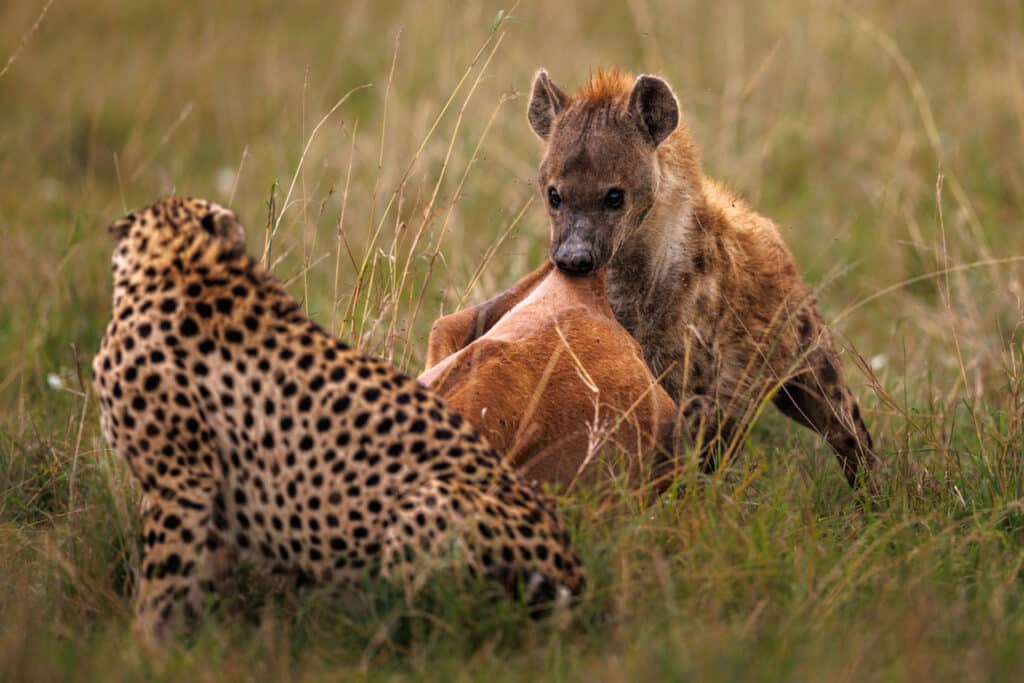
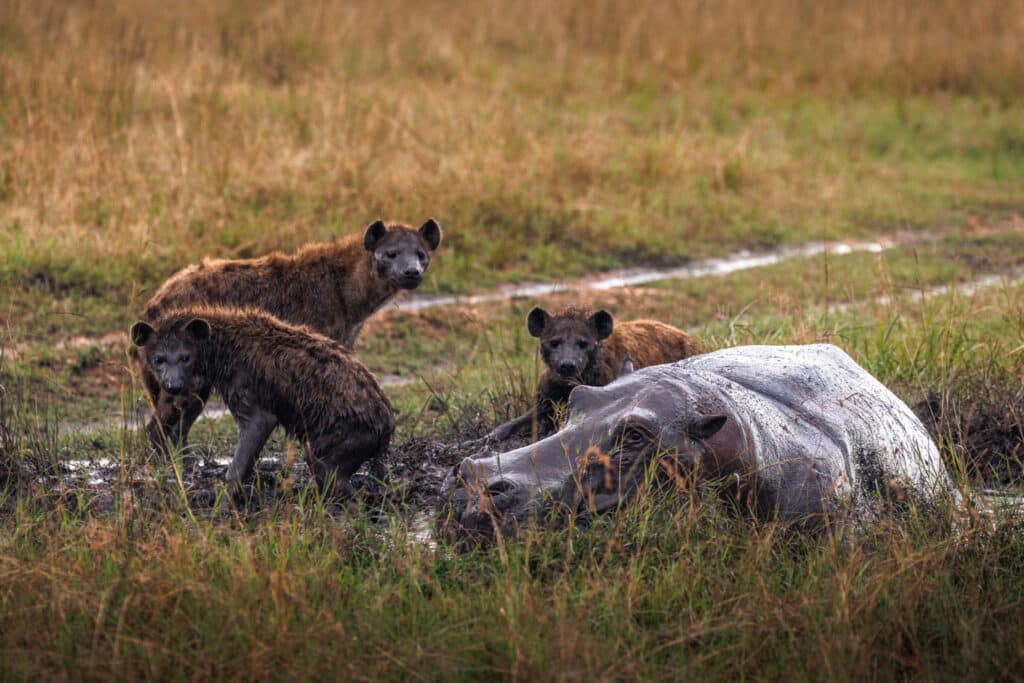
There are many lessons to learn from nature that can inspire us to live more peaceful and fulfilling lives, and one of the most important is the concept of balance. Nature’s balance is based on a delicate equilibrium between the forces of order and chaos. Each creature has a specific role to play, and when one part of the ecosystem is out of balance, it can have far-reaching consequences for everything else.
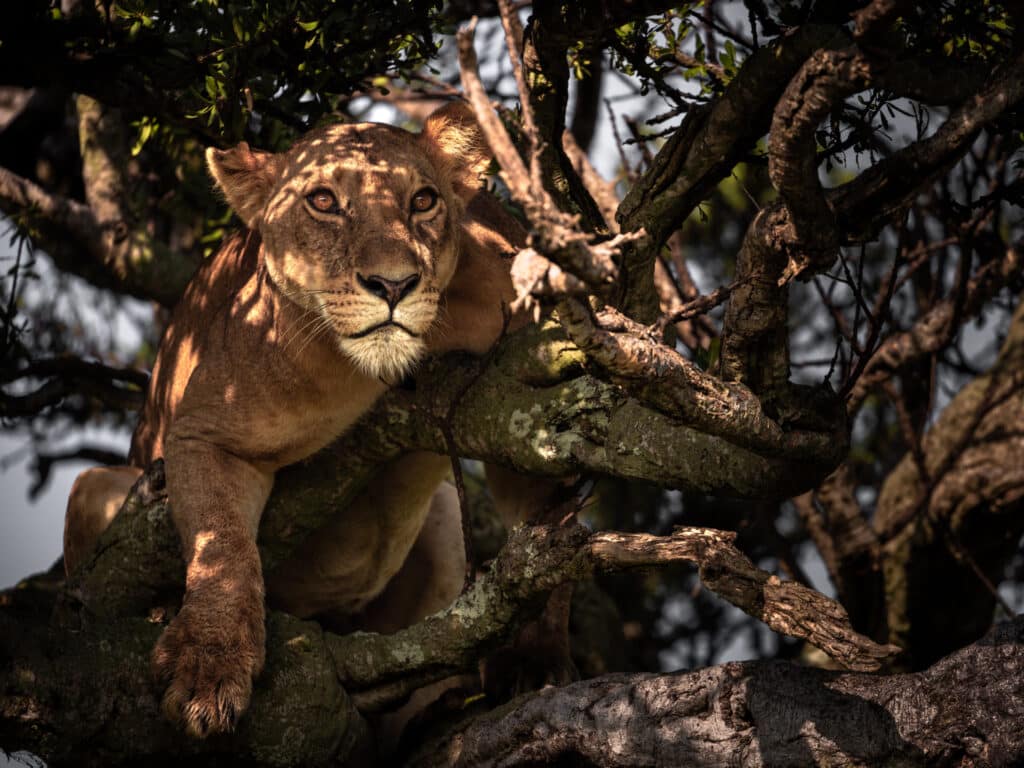
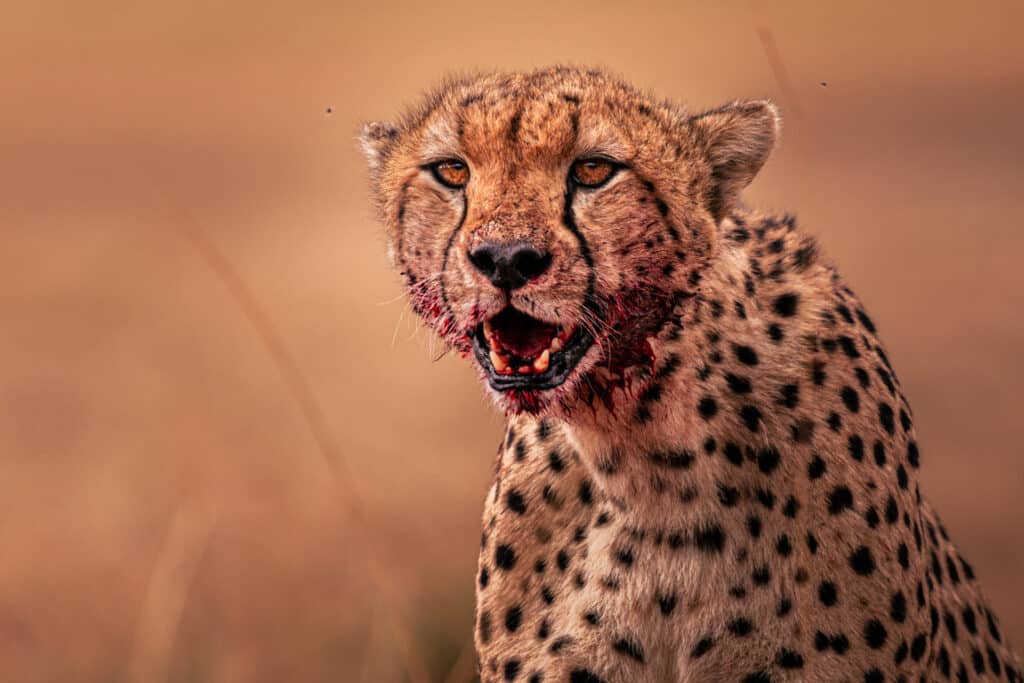
When predators become too aggressive, they can drive their prey to extinction, leading to the collapse of the entire ecosystem. When herbivores overgraze, they can damage the habitat, leading to the same outcome. The same is true for the delicate balance of the human body and mind — when one part is out of sync, it can have a ripple effect on the rest of the system. When we become too selfish or violent, it can have far-reaching consequences for ourselves and for those around us and when we learn to live in harmony with one another and with the world around us, we can achieve great things.

There is a deep spiritual connection between nature and humans that many people feel; it can lead to amazingly powerful experiences. Nature possesses a beauty that cannot be denied. The diversity of species, the intricacies of ecosystems, and the complex relationships between animals and their environments all contribute to the incredible wonder that is nature.
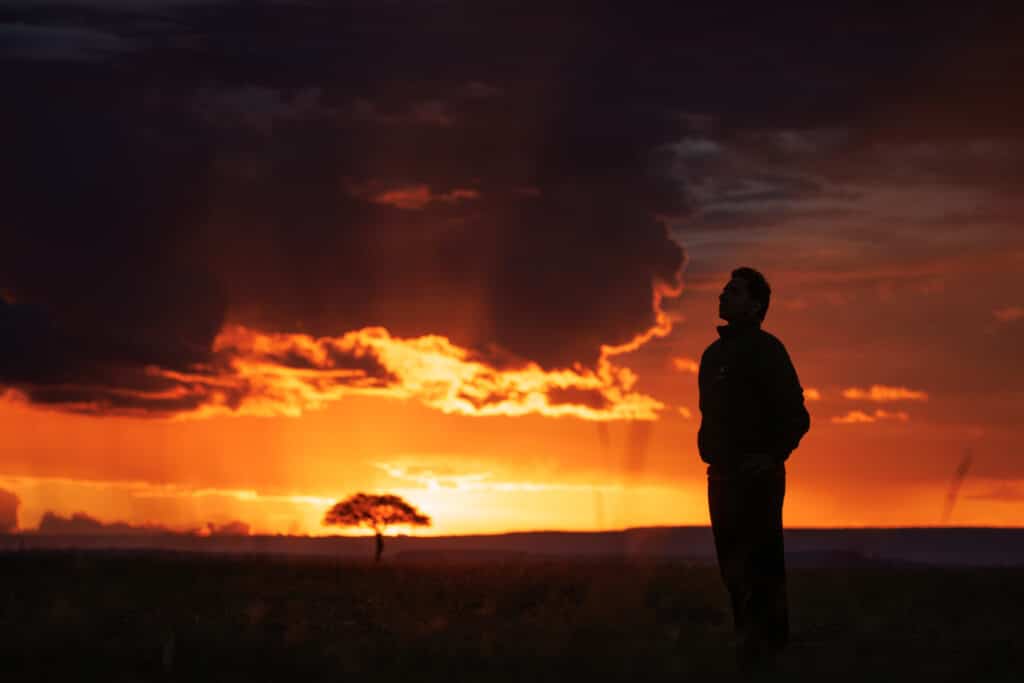
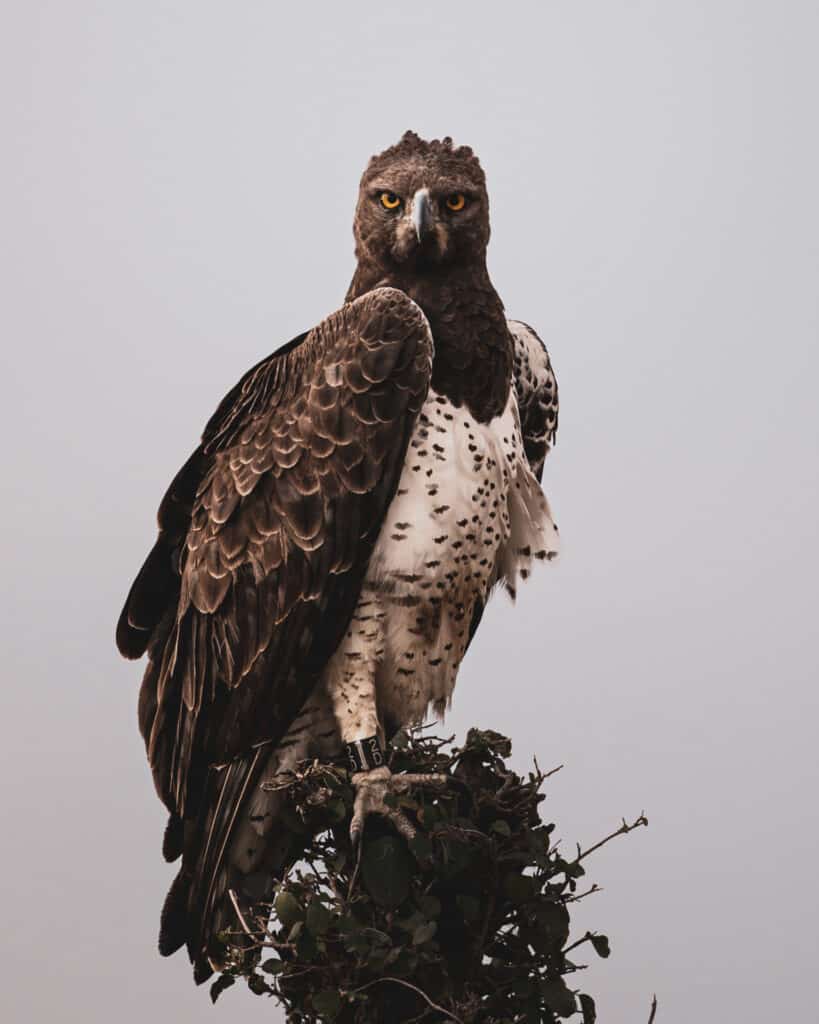
For centuries, cultures throughout history have viewed nature as a source of wisdom and guidance. Native American tribes, for example, often looked to animals as symbols of strength, courage, and wisdom and sought to learn from their behaviour and habits.
Humans, like animals, are capable of both good and bad behaviour but we can learn from the natural world and strive to live in harmony, find inspiration and guidance from it, and use that knowledge to better ourselves and the world around us. Take a moment to appreciate the beauty of nature and learn from its incredible wisdom.
Photo credits: Eric Averdung, Azhar Madhani